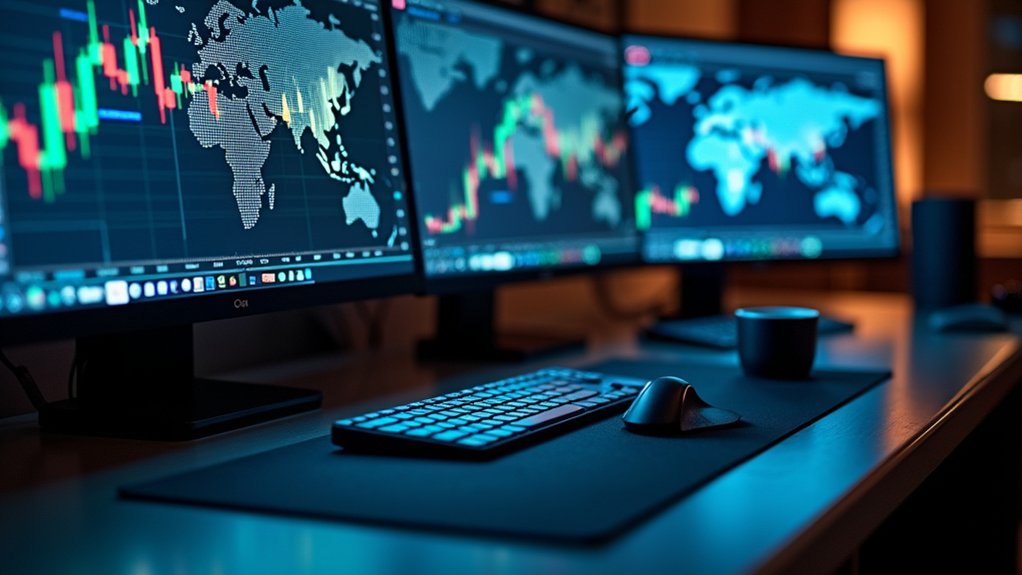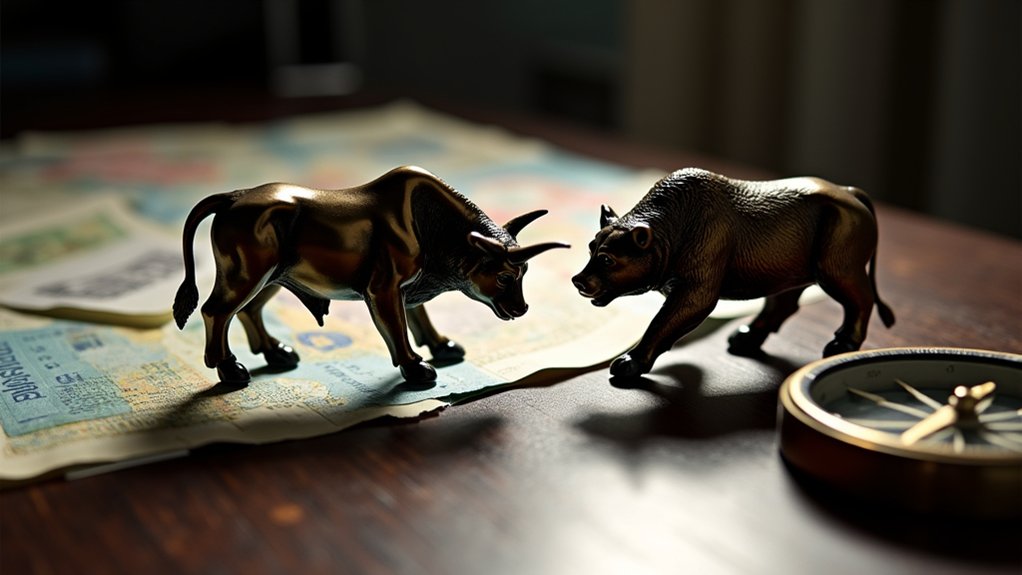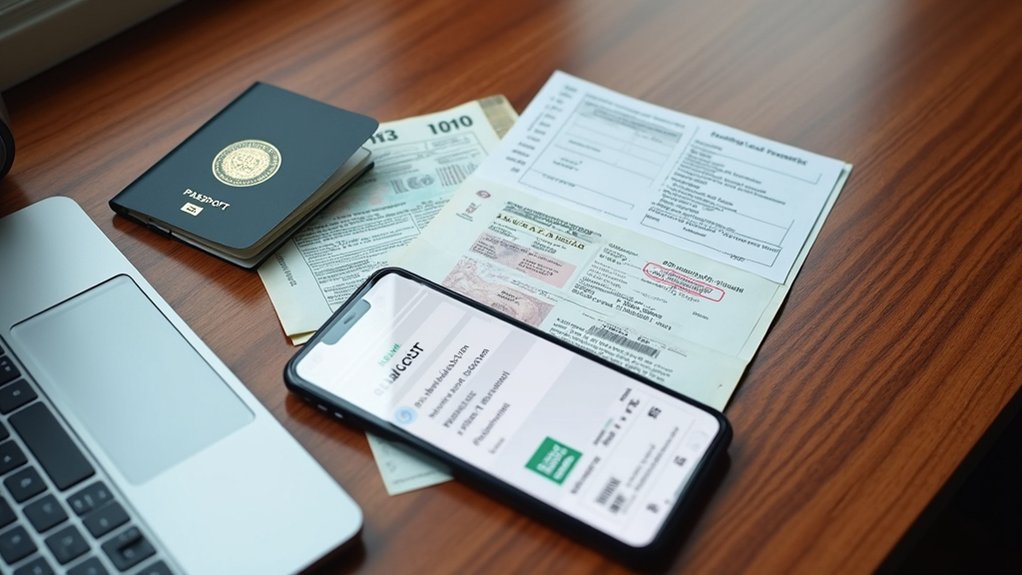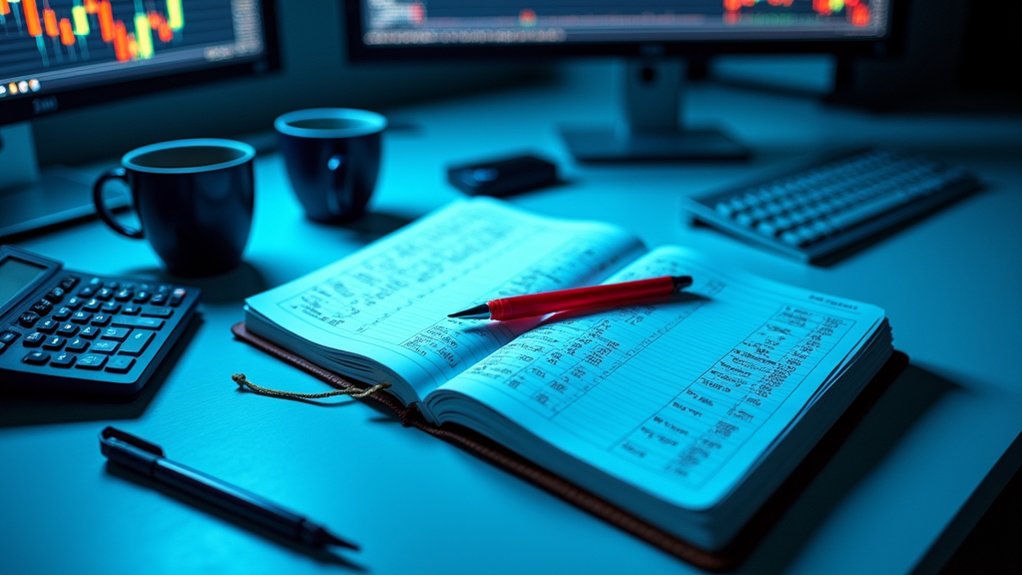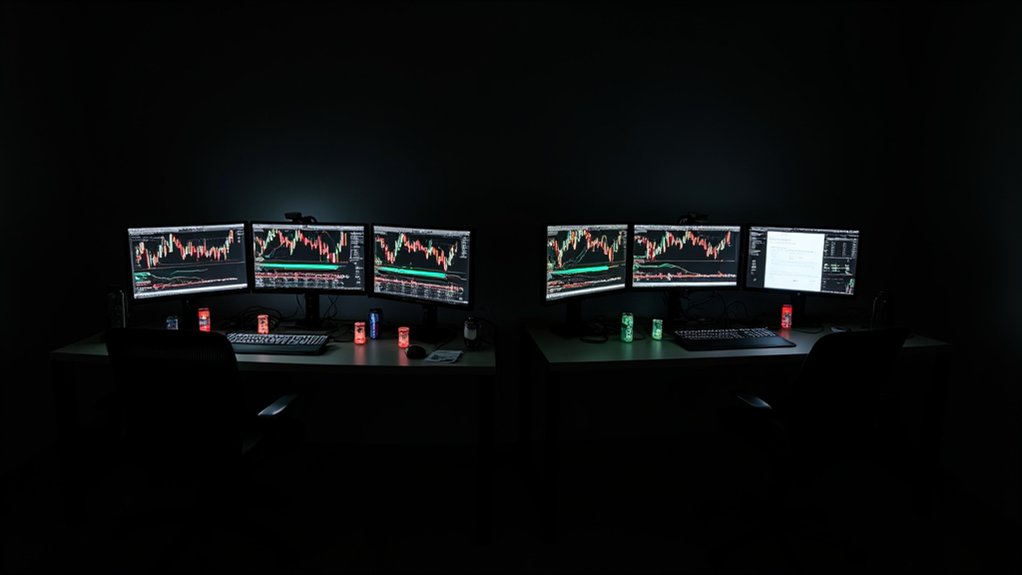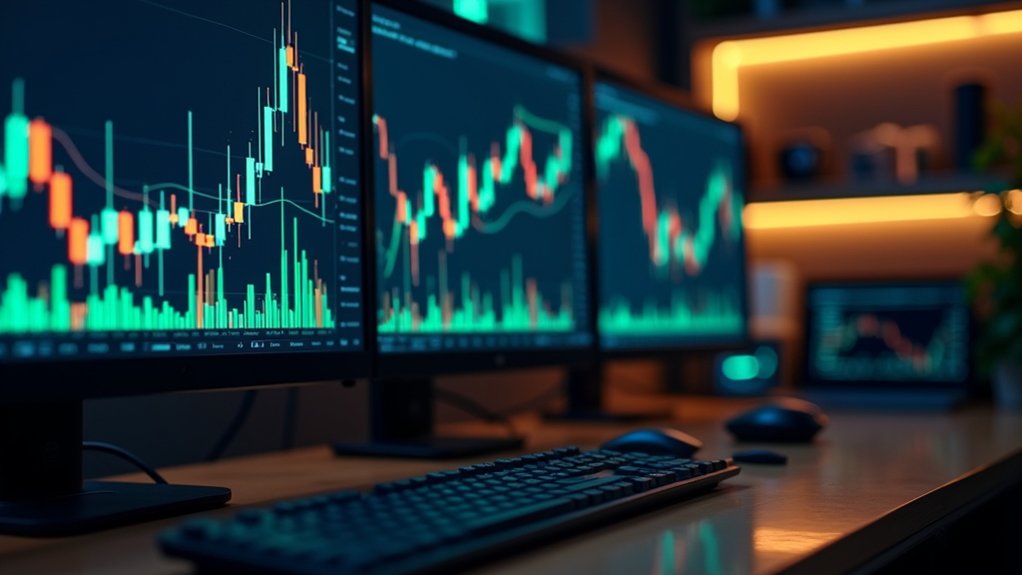Forex market makers are institutions that continuously quote bid and ask prices for currency pairs, standing ready to take the other side of retail trades. They profit from the bid-ask spread—buying low, selling high, repeat ad infinitum. Market makers hold inventory and absorb risk when natural buyers and sellers don't align, which keeps markets liquid and prevents execution gaps. They use algorithms and hedging to manage positions, especially in African pairs like USD/NGN or GBP/KES. Their presence shapes everything from spreads to execution quality.
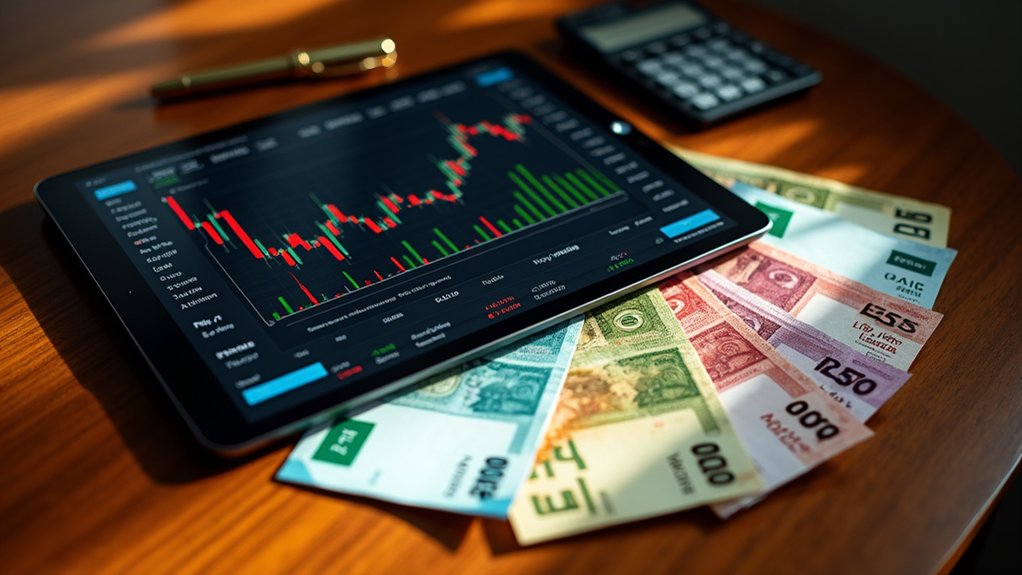
The forex market in Africa doesn't run on magic or goodwill. It runs on market makers. These are the entities—banks, financial institutions, specialized firms—that continuously quote both bid and ask prices for currency pairs. They're the ones taking the other side of your trade when you click buy or sell. Without them, you'd be waiting around for another trader in Lagos or Nairobi to match your exact order. That's not happening.
Market makers facilitate trading by always providing a two-sided market. Always. They hold inventory, buying and selling currencies to bridge the gap between buyers and sellers. When a trader in Accra wants to sell USD/ZAR and nobody's immediately buying, the market maker steps in. They absorb that risk, manage fluctuating inventory, and keep the market moving. It's not charity. They profit from the bid-ask spread—the difference between what they buy at and what they sell at. Small spreads, high volume, cumulative revenue. That's the game.
For African traders dealing with pairs like USD/NGN, EUR/EGP, or GBP/KES, market makers are why trades execute instantly instead of sitting in limbo. They provide liquidity, reduce spreads when competition exists, and prevent market disruptions when natural counterparties vanish. This matters more in less liquid African currency pairs where order flow can be thin. Efficient price discovery depends on their constant presence. Competition among market makers forces better pricing and execution quality for all participants.
But market makers aren't angels. They face inventory risk—sudden market shifts can hammer them if they're holding large positions. They're obligated to fulfill quotes even during high volatility, which invites adverse selection. And yes, accusations of price manipulation surface when market makers use their position to nudge short-term direction. Regulated or not, it happens.
Here's where confusion lives: market makers are not the same as brokers. Market makers take the other side of trades and hold inventory. Brokers just match trades between buyers and sellers. One provides liquidity directly, the other connects parties. Many African retail traders use brokers who route orders to market makers, creating a chain that's often invisible until execution issues arise. Principal trades executed for a market maker's own account differ from agency trades done on behalf of clients, carrying different risk profiles and profit structures. In a dealing desk model, the broker acts as the market maker by taking the opposite side of client trades directly.
Advanced algorithms automate quoting and balance flows for most market makers now. Technological failures can create market anomalies, especially in decentralized forex where oversight varies by country. A trader in Johannesburg might experience different execution than one in Kampala, even using the same broker, because underlying liquidity provision differs. Unlike ECN brokers who aggregate prices from multiple liquidity providers, market makers create their own quotes and control the trading environment. Some brokers use Straight Through Processing to route orders directly to liquidity providers without manual intervention, bypassing the traditional dealing desk model. Automated systems now analyze order flow to anticipate market direction and adjust currency quotes in real time. They implement hedging strategies using derivatives to offset exposure from accumulated inventory positions. Their role in ensuring sufficient market depth prevents excessive price volatility during periods of imbalanced order flow.
Market makers exist because forex needs them. They earn their spread by assuming risk and ensuring currency pairs remain tradable. It's transactional, not personal.
Common Questions
Do African-Regulated Brokers Use Market Maker Models More Than ECN Models?
Yes, African-regulated brokers overwhelmingly favor market maker models over ECN. It's simpler, cheaper to run, and easier for local brokers with limited capital.
Most retail traders here are beginners who prefer fixed spreads and don't demand ECN transparency. Pure ECN infrastructure costs too much and regulators don't require it.
The few ECN brokers serving Africa are usually international firms with overseas licenses, not local outfits. Market makers dominate because they work for Africa's trading reality.
Can Market Makers Manipulate Stop Losses for Traders in Nigeria or Kenya?
Yes, market makers can and do manipulate stop losses in Nigeria and Kenya. It's a documented risk.
These brokers scan order books for clusters of stops near popular levels—round numbers, support, resistance. Then they push prices just enough to trigger them, creating forced exits and liquidity for their own positions. Nigerian and Kenyan traders face this frequently because many local brokers are market makers with weak oversight.
The manipulation hits hardest on less liquid pairs. It's real, it's profitable for them, and it happens.
Which South African Brokers Operate as True Market Makers Versus ECN Brokers?
Veracity Markets, Blackstonefutures, XM (Official Site 🔗), FXGiants, and Axiory operate as market makers in South Africa—they take the other side of trades.
IC Markets, FP Markets, Fusion Markets, Global Prime, and Eightcap function as ECN brokers, connecting traders directly to liquidity providers.
All are FSCA-regulated, which matters.
Market makers profit from spreads; ECNs charge commissions.
The distinction isn't always clean-cut, though. Some brokers blur the lines depending on account type.
Do Market Makers Widen Spreads During African Trading Hours Versus London Sessions?
Yes, market makers widen spreads during African trading hours compared to London sessions. It's not manipulation—it's liquidity reality.
African hours see fewer participants, lower volume, and higher execution risk for market makers. London's overlap with New York brings peak liquidity and fierce competition, forcing spreads tighter.
Major pairs like EUR/USD stay reasonable even during African hours, but exotic pairs get hammered with wider spreads. South African traders notice this nightly when Europe sleeps.
Are Market Maker Brokers Safer for Small Account Traders in Ghana or Uganda?
Ghana edges ahead, barely.
The Bank of Ghana actually watches forex activity—Uganda doesn't have that luxury. But “safer” is relative when you're trading with market makers in either country. Both expose small accounts to variable spreads and leverage traps. Ghana's got more regulated broker options, better client fund segregation rules. Uganda? It's the Wild West. International brokers operate there without local oversight. Neither country offers bulletproof protection, but Ghana's regulatory framework gives traders slightly better odds of not getting completely steamrolled.

